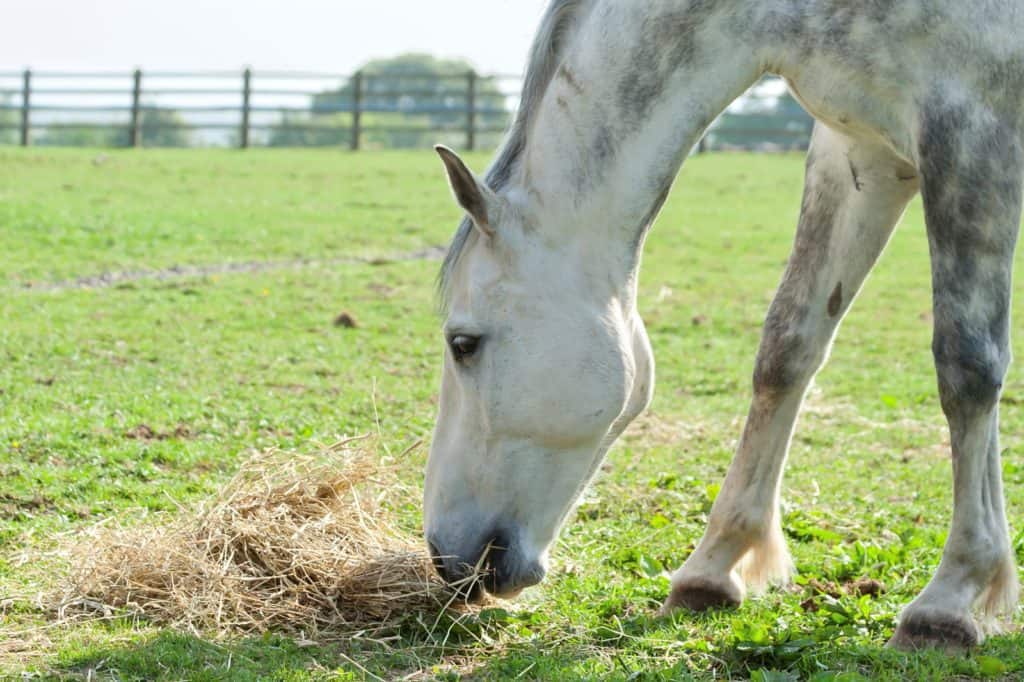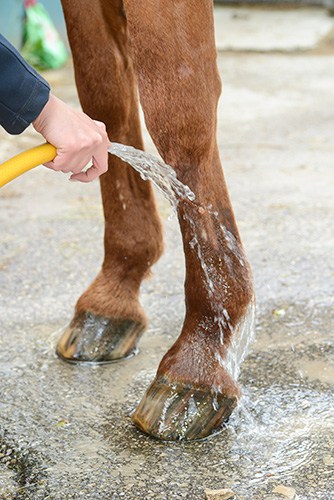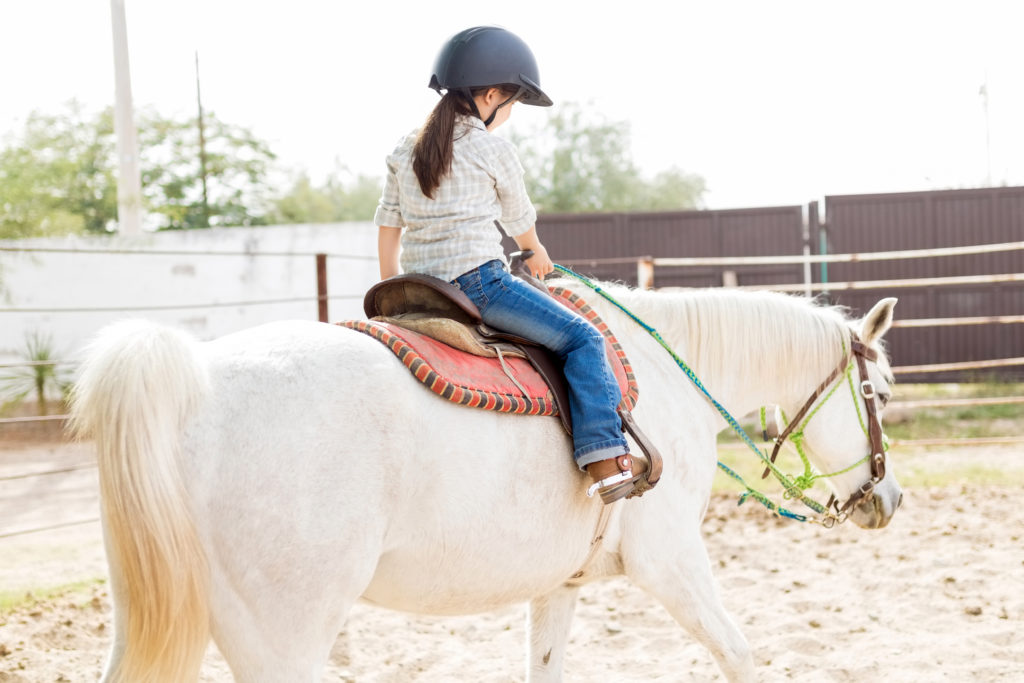
NexHA, The Horse Bring You Equine Fitness and Conditioning Awareness Week
Learn how to safely improve your horse’s fitness all week on TheHorse.com. Sponsored by NexHA.
All aspects of caring for performance horses

Learn how to safely improve your horse’s fitness all week on TheHorse.com. Sponsored by NexHA.

Learn about feeding your new horse during transport, quarantine, and the first few weeks at his new home.

Old wisdom tells us not to feed horses before exercise. But this outdated belief might be hurting your horse.

Learn about 5 reasons to use complementary therapies such as acupuncture and chiropractic for your horse and the research behind them.

Learn how ultrasound tissue characterization can help veterinarians guide horses’ return from injury.

Learn why horses get kicked, how to treat kick injuries, and tips on preventing them in this article from the Summer 2024 issue of The Horse.

Learn to read the vast and varied signs of equine gastric ulcer syndrome.

Researchers reviewed literature about an anatomical variation of the equine cervical spine called TC67 that occurs most often in Warmbloods.

What are the most common neck issues in horses and how are research and technological advancements helping veterinarians diagnose them?

Researchers believe adding alfalfa pellets to your horse’s diet might help manage and prevent ulcers in the lower region of the stomach.

Learn about 4 common injuries veterinarians see in these athletes, how they diagnose them, and what treatments and rehabilitation methods they use.

Should you cold hose or ice your horse’s legs after riding? The answer is more complicated than you might expect.

Do you know what to do–and just as importantly, what not to do–if your horse displays vague, mild, or serious signs of what might be colic? Your answer could save your horse’s life. Sponsored by Kentucky Performance Products.

How long do I need to wait after sedation and injections before hauling my horse back home?

Learn how to assess your senior horse’s quality of life and know when it’s time to let go.

Consider the horse’s lameness history and gradually increase varied exercises to manage these mounts, one veterinarian says.
Stay on top of the most recent Horse Health news with
"*" indicates required fields